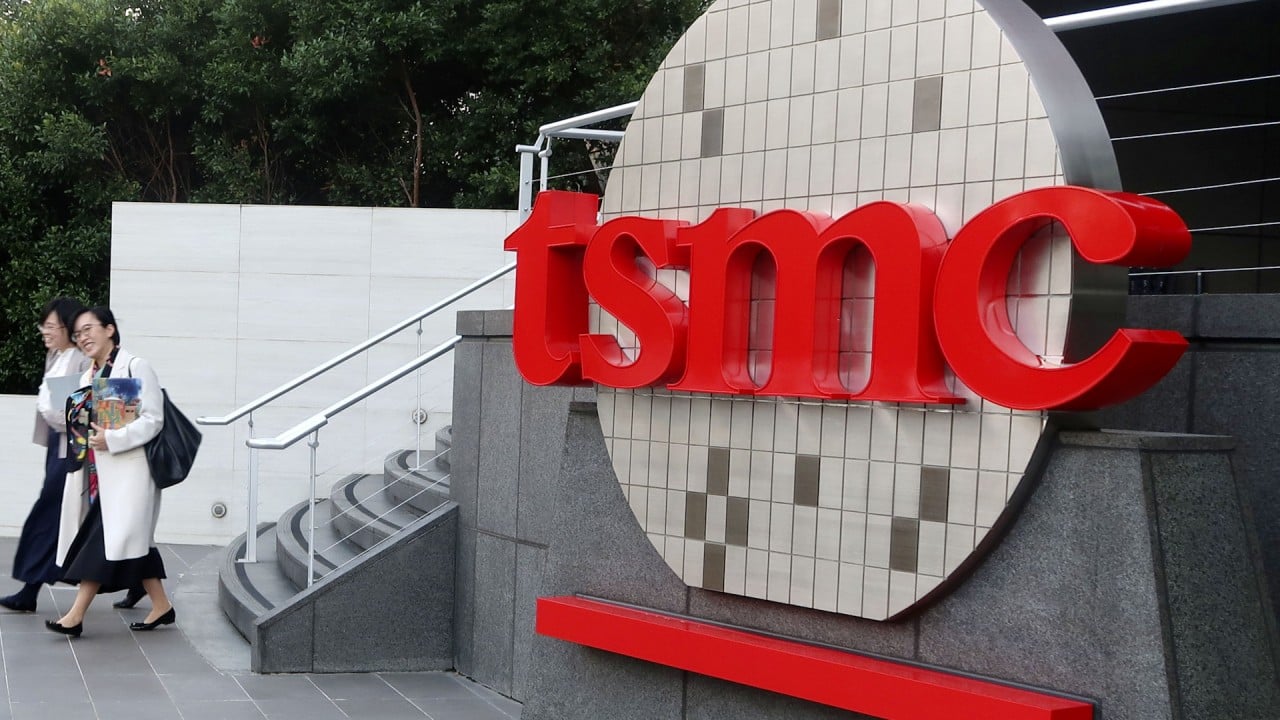Malaysia ‘going up’ the chip ladder as Infineon opens US$7.7 billion plant
Infineon Chief Executive Officer Jochen Hanebeck said that the new Kulim campus progressed ahead of its original schedule and it will become the world’s largest silicon carbide power semiconductor manufacturing site once the second phase is also completed.
The new plant will focus on making power semiconductors that can help with decarbonisation in automotive, industrial and data centre fields. It is expected to create a total of 4,000 jobs eventually, according to Infineon.
Infineon’s investments in Malaysia highlight the Southeast Asian nation’s potential to attract more tech investments at a time when major chip firms are seeking alternatives to mainland China and Taiwan for manufacturing given increasing geopolitical uncertainties.
Malaysia has in past years emerged as a global hub for packaging and assembling, the final process before chips are ready for use in smartphones, data centres and electric vehicles. Major players including Intel Corp., ASE Technology Holding Co. and Amkor Technology Inc. have taken advantage of its skilled and lower-cost labour and proximity to major markets, especially as Covid and US-Chinese tensions disrupted the flow of chips globally.
In recent years however, China – eyeing packaging as a way to turbocharge locally made semiconductors – has emerged as a major assembly centre, while neighbouring countries including Singapore are also competing for multinational chip investment.
In response, Kuala Lumpur has implemented policies to boost its attractiveness, including US$5.6 billion of incentives and the setting up of a chip-design hub near the capital. It is also trying to draw more investments in wafer production, the front-end manufacturing considered to be the most valuable part of the chipmaking process, from the likes of Infineon and others to upgrade its capabilities.
